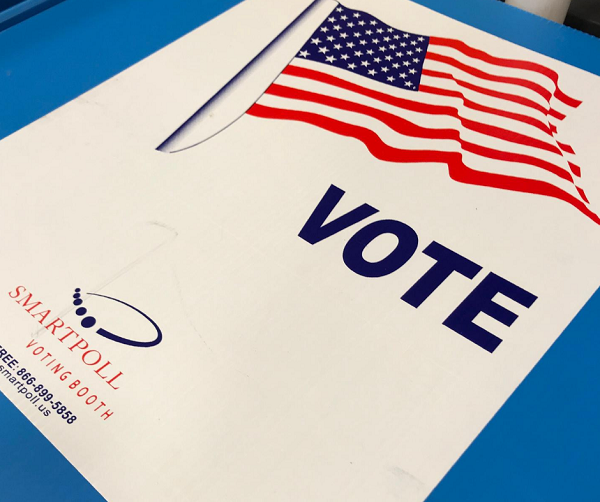Press Release
UPDATE: Jones v DeSantis oral arguments
Related Issues

Today, the federal appeals court held oral arguments in Jones v. DeSantis, a case determining the constitutionality of wealth-based obstacles to voting.
Represented by Covington & Burling LLP, Common Cause Florida has filed an amicus brief in the case, which is available here.
Statement of Common Cause Chair in Florida Liza McClenaghan
Common Cause is a strong supporter of Amendment Four, the Voting Restoration Amendment, which should have added about 1.4 million people to our state’s voting rolls.
Instead, the Legislature passed SB 7066, which conditioned the restoration of people’s voting rights on their repayment of costs and fees, including civil liens. This drastically reduced the number of people who could register to vote – disproportionately affecting people of color. Just as troubling was the fact that the state failed to provide affected persons with information on amounts owed: Not only were over a million required to pay to vote, but they also were kept in the dark on how much to pay.
SB 7066 limits the number of poor people who are able to vote. It creates a pay-to-vote scheme that is anathema to our country’s values. The ability to participate in our democracy should never be conditioned on economic circumstances. As attorney Nancy Abudu of the Southern Poverty Law Center said during oral arguments today, “the practical consequences of [Florida’s scheme] is the erosion of democratic principles.”
We expect the Appeals Court to affirm the District Court’s ruling allowing re-enfranchisement for people who cannot afford to repay their costs and fees, including civil liens.
We hope this happens in time for the approximately one million people who were disenfranchised by SB 7066 to be able to vote in the November election.
Our government is stronger and more representative when our elections include more voters. And no government – state or federal – is permitted to condition exercise of our most valued constitutional right on ability to pay.
